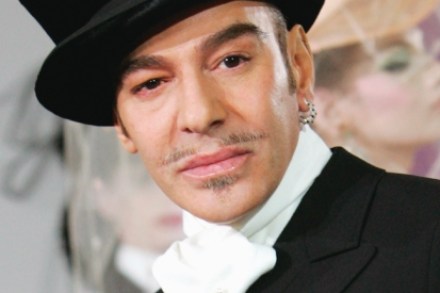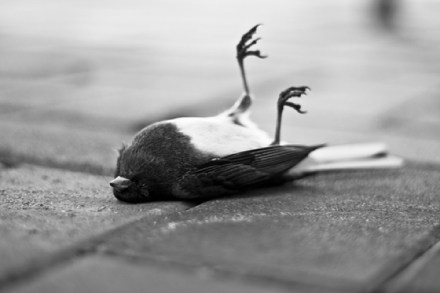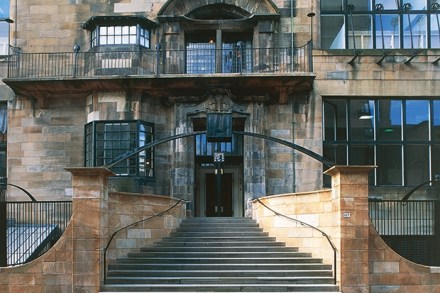Drink, drugs and dressing-up: behind the scenes of the fashion industry
It’s a curious subject, fashion, and those who write about it rarely want to jeopardise future access to it on the altar of clear-eyed analysis. The business must pretend that there is a single genius at work here, whose vision creates not just clothes but the things that actually make the money. The catwalk shows are all very well, but they haven’t been the main business for decades, and it came as rather a surprise to the industry when a great mob of new customers emerged from nowhere, the wives of Russian oligarchs and American hedgefund traders, willing to spend six-figure sums every season on a new wardrobe. The primary




















